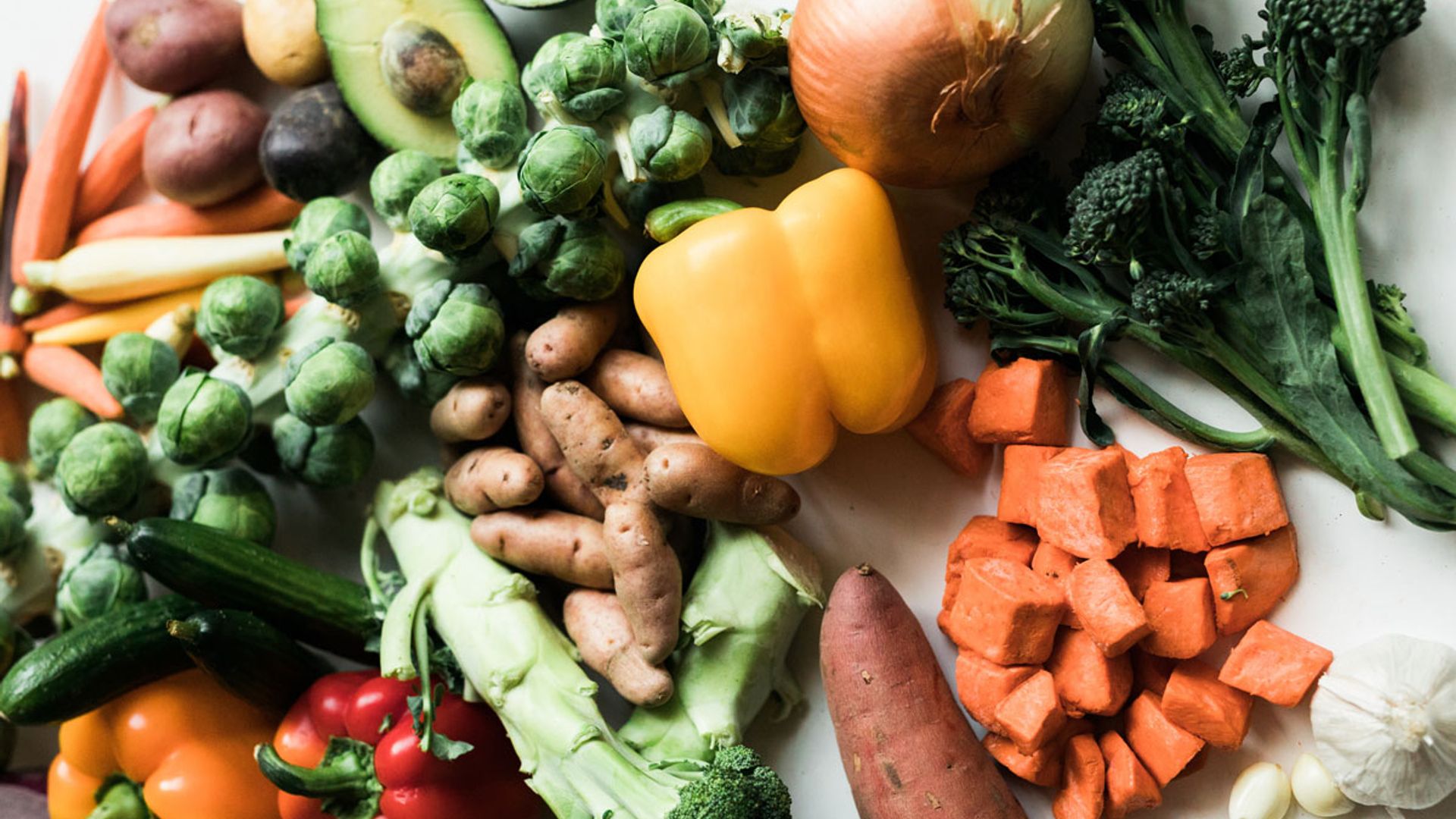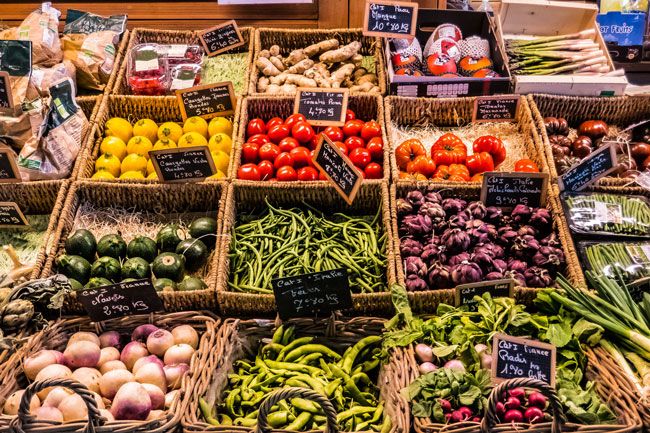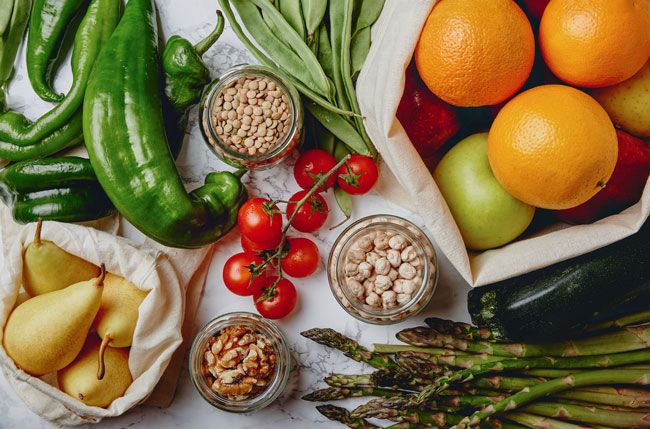If you're conscious about sustainability, you may think that going vegetarian or vegan is the answer to reducing your carbon footprint. But have you heard of the climatarian diet?
DISCOVER: 89 best meal delivery services in the UK: Mindful Chef, Gousto & more
In fact, experts previously suggested that reducing our meat consumption is the single biggest way to reduce our environmental impact on the planet - but latest research trumps this. Here's what you need to know...
What is the Climatarian diet?
Shopping local could be the answer to reducing carbon emissions
In simple terms, the climatarian diet encourages eating less of some foods and more of others. Though a plant-based diet is rooted in sustainability, greenhouse-grown vegetables flown across the globe to fill our plate may actually be increasing our carbon footprint.
Instead, the experts at Lifesum suggest a Climatarian diet can improve health and save the planet by reducing our CO2 by 1.5 tonnes annually - by eating plant-based, locally sourced produce when it's in season.
READ: The best vegan Christmas food 2021: Tesco, M&S, Asda & more
RELATED: 15 best vegan advent calendars – chocolate, beauty, sweets and more
Though it is encouraged to eat less meat, you don't have to cut it out completely. The main goal of the diet is to "eat more plant foods while limiting or eliminating animal products. Plant foods, in general, have a lower carbon footprint than animal foods, with fruits and vegetables being particularly low," says Lifesum's Dr Alona Pulde.
A Climatarian diet isn’t just about what you eat, it’s about how you shop and cook as well. Dr Pulde adds: "Buy just what you need to avoid food waste, and fill your freezer with leftovers to help reduce food waste and support healthy eating when you don’t feel like cooking."
What are the benefits of a Climatarian diet?
Experts recommend eating well to support overall health
The health benefits of eating a plant-based diet are well researched, with a lack of processed foods and artificial ingredients helping the body and mind to thrive.
Dr Pulde adds: "A Climatarian diet focused on whole plant-based foods, has been shown to reduce the risk of diabetes, high blood pressure, heart disease, autoimmune diseases and obesity, while increasing overall vitality, mental health and longevity.
DISCOVER: Top ten vegan restaurants in London that you need to try
MORE: Going vegan? Top five influencers to follow and their easy tips
"Some people even notice their skin clears of blemishes or acne - or just looks healthier and younger."
With this simple diet shift, experts also claim you can save a tonne of CO2 emissions per year.
What can you eat on the Climatarian diet?
Lentils and beans
These eco-heroes are delicious and nutritious, and replacing beef with lentils and beans could get us up to 74% closer to meeting our carbon emissions.
Local and seasonal fruits and veggies
These have a particularly low carbon footprint, and buying local and seasonal reduces processing, packaging, transportation and food spoilage.
Whole grains, including pasta, brown rice and wheat
Lots of health benefits and less processing and energy requirements environmentally, which lowers our carbon footprint.
Nuts and seeds
The most eco-friendly include peanuts, hazelnuts, sunflower seeds, watermelon seeds and pumpkin seeds - a great protein source with a lower carbon footprint
Chicken
Meat production, particularly beef and lamb, requires more land and water, and has higher carbon emissions. Swapping beef for chicken can decrease your carbon footprint by nearly half.
The Climatarian diet is mainly plant-based
Dr Alona Pulde offers some simple hacks to start a Climatarian diet. "Consider adding plant foods to every meal, changing breakfast to 100% plant-based or having plant-based weekends.
"In addition, try reducing the amount of processed and packaged foods to decrease carbon footprint of transportation."
To help get you started on a Climatarian diet, Dr Alona Pulde has created a 7-day beginners meal plan, which features delicious recipes, including kale pasta and chicken and bean patties with potato and broccoli mash. Download the 7-day beginner’s meal plan here.












